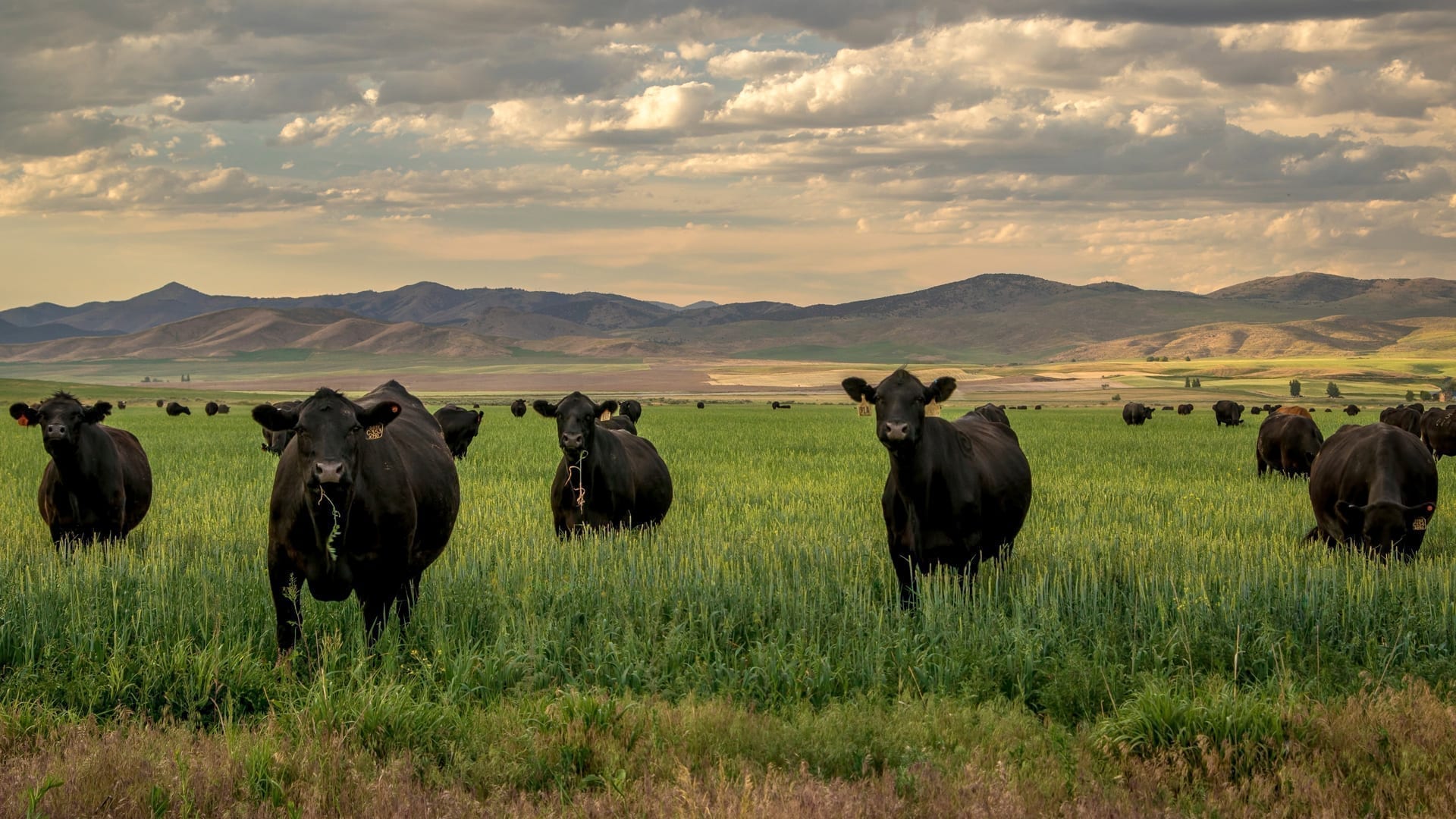In food PR and communications, part of our job is to tell stories. But too many stories have heroes and villains, and the world of food production isn’t quite that simple.
I’ve spent a better part of my career in the meat industry. I am passionate about animal protein on many levels: nutritionally, environmentally and culinarily. Ironically, that seems to make me counterculture now.

But I am an equal opportunity eater. I have been watching and tasting my way through meat alternatives, and I am having the same experience everyone else is. The leading brands fool the taste buds. Beyond Meat’s sausage: Wow! As a meat girl, I am blown away.
And now, with this week’s Epicurious announcement that they will no longer publish beef recipes as a way to support healthy people and a healthy planet (which followed Prevention’s announcement last August), I am resharing some advice with my meat friends in hopes that more people in animal agriculture will hear it.
Stop competing on taste. It’s no longer your differentiator. Of course, you have to (and do) deliver a great-tasting protein. But that’s table steaks now (wink).
Stop grinning with delight when you see media coverage about how meat alternatives are highly processed and don’t stack up nutritionally. While I couldn’t be a bigger advocate for the nutritional value of fruits, vegetables, whole grains, dairy and meat, technology is going to dramatically change how we make food and what we eat into the future. With exposure, consumers will become increasingly comfortable with these choices. And technology will solve for nutrition. For many, technology will create healthier diets.
Instead, start telling people why we need livestock on the planet. This is the fundamental question. Do we need livestock? The answer is yes.
Cattle on land create healthy soil-ecosystems of healthy creatures and plants living in the soil that provide food and refuge for wildlife. Chicken produce some of the most nutrient-rich natural fertilizer for (again) healthy soil and healthy plants, including food-producing plants. Livestock feed soil, soil feeds plants and plants feed people and animals. Plants absorb carbon out of the atmosphere. And plants ultimately feed the soil, creating a virtuous cycle important for a healthy planet, the only planet we have right now. None of this happens naturally without livestock.
As a way of thinking about meat, we need to move beyond “beyond.” It’s time to have a discussion about food production that is inclusive, and that celebrates the value of the many food production systems that help us nourish people and nurture ecosystems. If you are interested in learning more about Ketchum’s consumer research on food sustainability or food technology, reach out.



